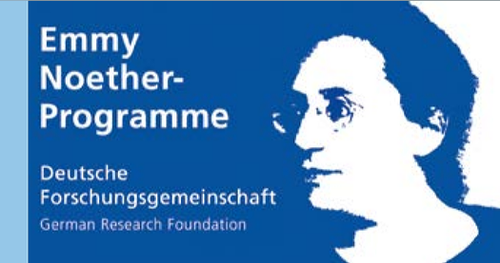Alexander C.T. Geppert
Astroculture: Europe in the Age of Space
For much of the twentieth century outer space has constituted one of the major sites of utopian thinking and the epitome of Western modernity, comparable only to that other major technoscientific project, nuclear power. Yet how exactly did such a connection come to be established? In what way have European conceptions of the cosmos and extraterrestrial life been affected by the continual exploration of space? And where, in fact, is outer space? This Habilitation focuses on the cultural imagination and societal impact of outer space in Germany, Great Britain and France between the first space fads of the late 1920s and the establishment of the European Space Agency (ESA) half a century later. Proceeding from the observation that the booming interest in space can be traced back to early attempts at exploring worlds other than our own, it looks at Western Europe in the light of its preoccupation with the spatial beyond, applies the so-called spatial turn to the history of outer space, and analyzes connections between science and fiction from a transdisciplinary and transnational perspective.
Individual chapters cover a broad range of themes and topics including the formation of a cosmopolitan space international before and after the Second World War; space colonization rhetorics and conceptual precursors to the International Space Station; numerous waves of UFO sightings in Western Europe from the summer of 1947 through the mid–1970s; and the societal impact of film and music in which imaginary expansion scenarios were frequently juxtaposed with Cold War fears of alien invasion. In all these instances, space was the place where competing visions of the future were projected and played out by experts and the public alike. The knowledge these space personae aimed at creating was also characterized by a strong, yet implicit connection to religion, transcendental beliefs, and the spiritual beyond. Both features of astroculture, the obvious utopian/futuristic strand and the more latent religious/transcendental vector, must be made central categories when historicizing the Space Age, in all its promises and failures, from a distinctly West-European perspective.


